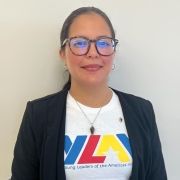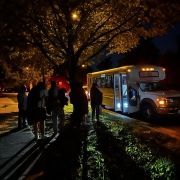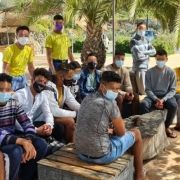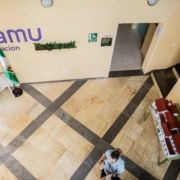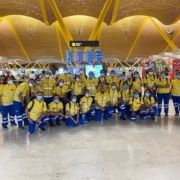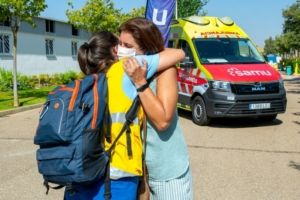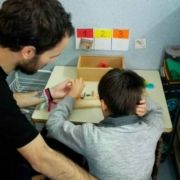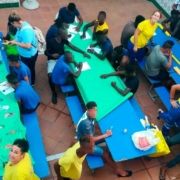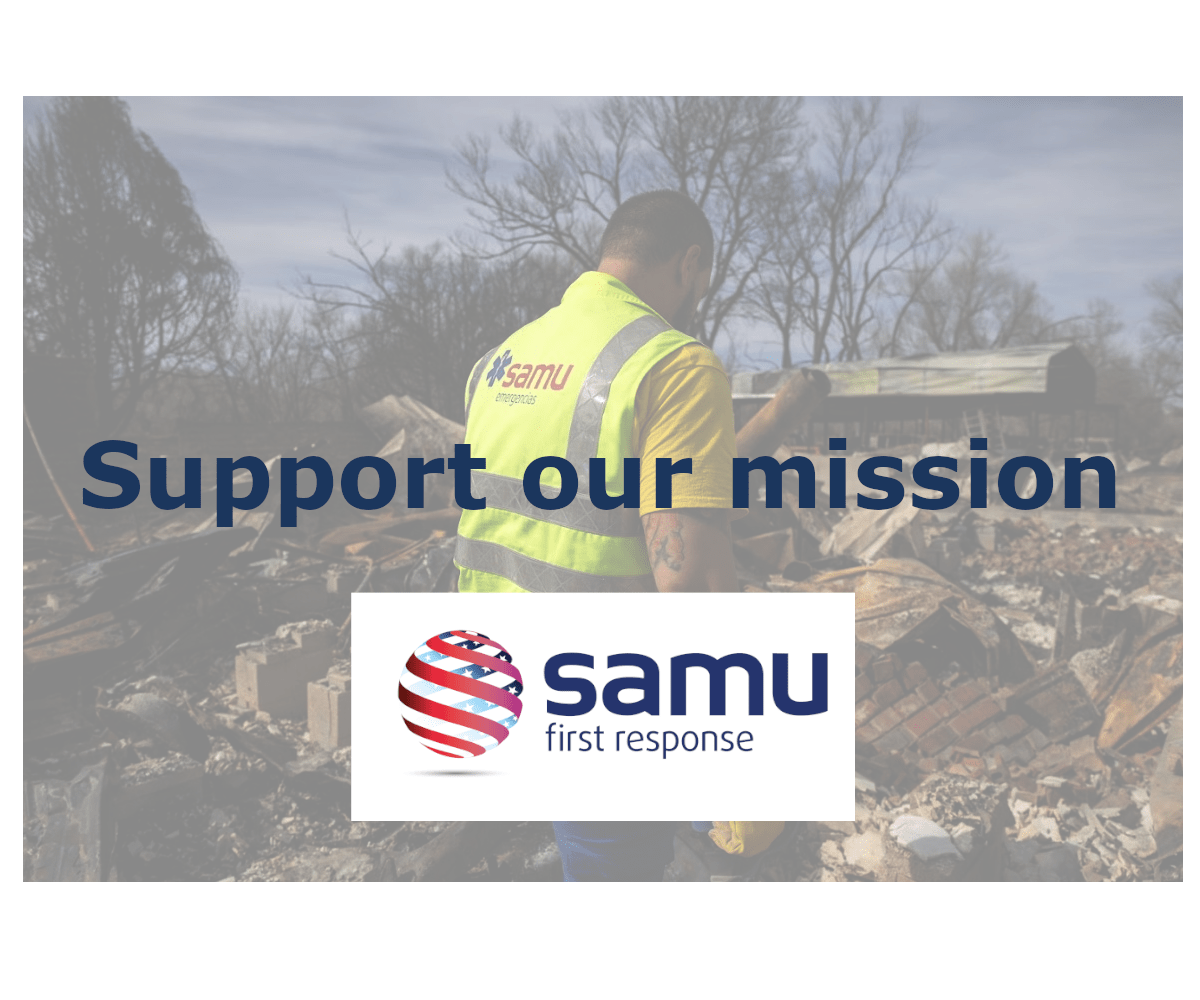Young Leaders of the Americas Initiative (YLAI) Fellow(s) from Aruba Conducting Professional Placement with SAMU First Response
Nicole Ruiz is partnering with SAMU First Response in Washington D.C through the U.S. State Department’s Young Leaders of the Americas Initiative. For four weeks, Nicole, an emerging international young leader, is working at SAMU First Response collaborating in outreach and preparing the Entrepreneurial Leadership Action Plan (E-LAP) they will undertake upon their return to Aruba.
For four weeks, Ms. Ruiz will play an important role in the programs implemented by SAMU First Response to benefit migrants received in Maryland and Washington D.C. through their participation in outreach activities to connect with potential donors and community members. In addition, the fellow will be able to conduct the intake process to know first-hand the conditions in which migrants arrive in the United States and learn new intake practices so that she can implement them in her country of origin, Aruba.
“We are very excited to have Nicole as part of our staff, and we are very interested in making the most of her abilities and talents based on the programs available to the migrants we receive in the capital of the United States. Nicole will learn about the family admission process, learn first-hand the reasons why migrant families leave their countries and how, at SAMU First Response, we help them integrate into the United States. Also, she will help us generate strategic alliances for the organization that increase our reach,” said Andrea Gallegos, managing director of SAMU First Response.
As part of the fellowship experience with SAMU First Response, the fellow will also have access to the entire training package that the organization has for its staff, such as Psychological First Aid, how to act in case of epilepsy, and DC mandated reporters where she will learn how to report child abuse and neglect.
Nicole’s long-term goal is to continue to support non-profit organizations to help achieve their goals.
Launched in 2015, YLAI empowers emerging entrepreneurs from the Western Hemisphere to enable the full economic potential of the region’s citizens. This year’s YLAI fellowship program launched in October 2023, bringing together 280 young leaders from 37 countries in Latin America, the Caribbean, and Canada. In March 2024, Fellows will convene in Houston, Texas for an Opening Orientation and will then travel to 19 cities across the United States for four-week professional placements with U.S. businesses.
They will collaborate with their peers to address shared business challenges, as well as engage in virtual and in-person events and cross-cultural activities. The program concludes with a Closing Forum in Washington, D.C. in April. Fellows return to their ventures with new skills, resources, ongoing support from U.S. partners, and a broader network, strengthening business ties between the U.S. and Latin America, the Caribbean, and Canada.
For further information, please contact us. Follow the fellowship using the hashtag #YLAI2024.
The Young Leaders of the Americas Initiative (YLAI) Fellowship Program is a program of the U.S. Department of State with funding provided by the U.S. Government and administered by IREX.
Learn more about the YLAI Fellowship Program on Facebook, Twitter, Instagram and LinkedIn at @YLAINetwork, or at ylai.state.gov/

